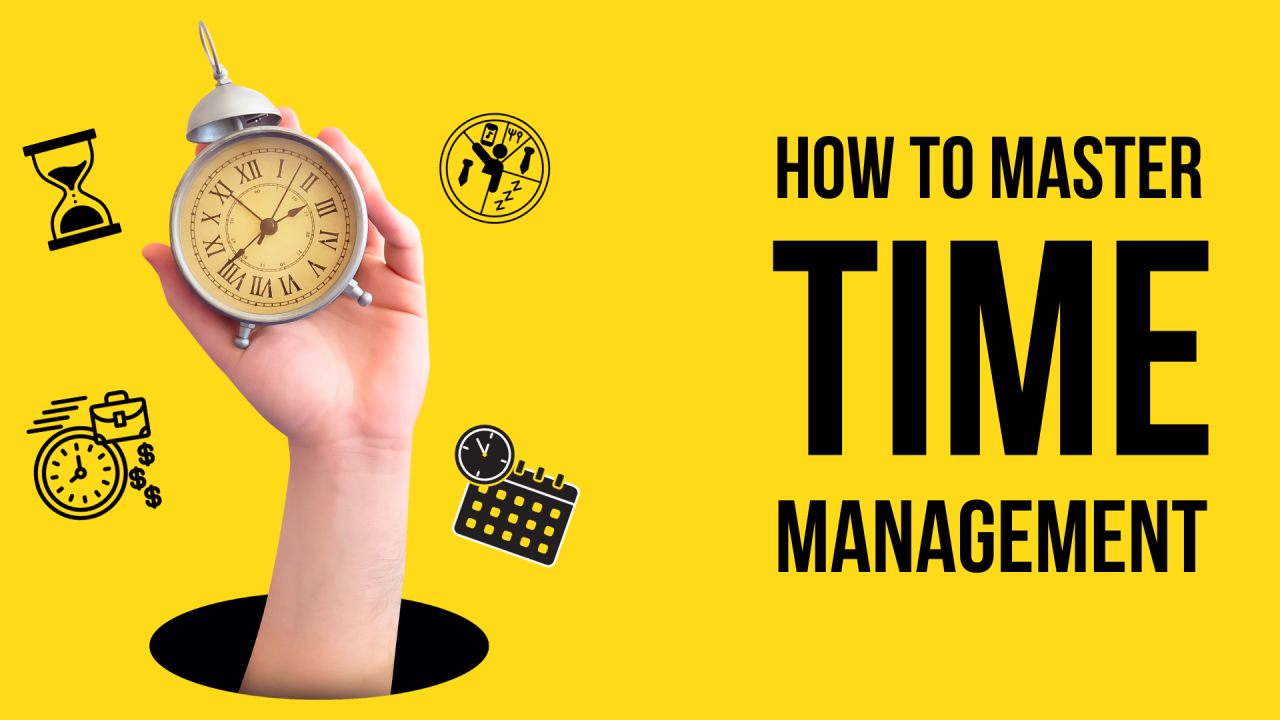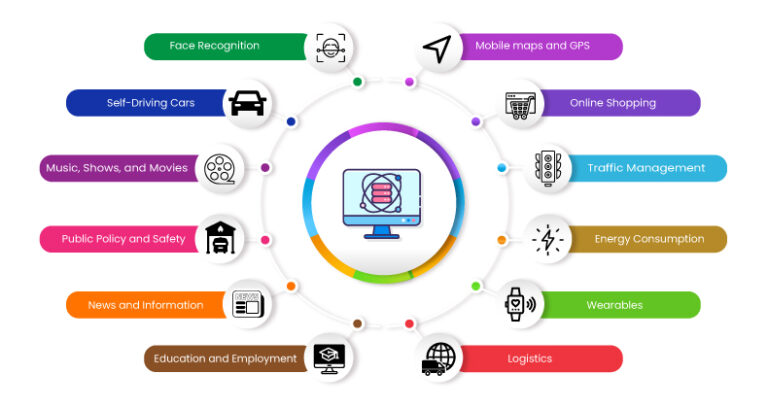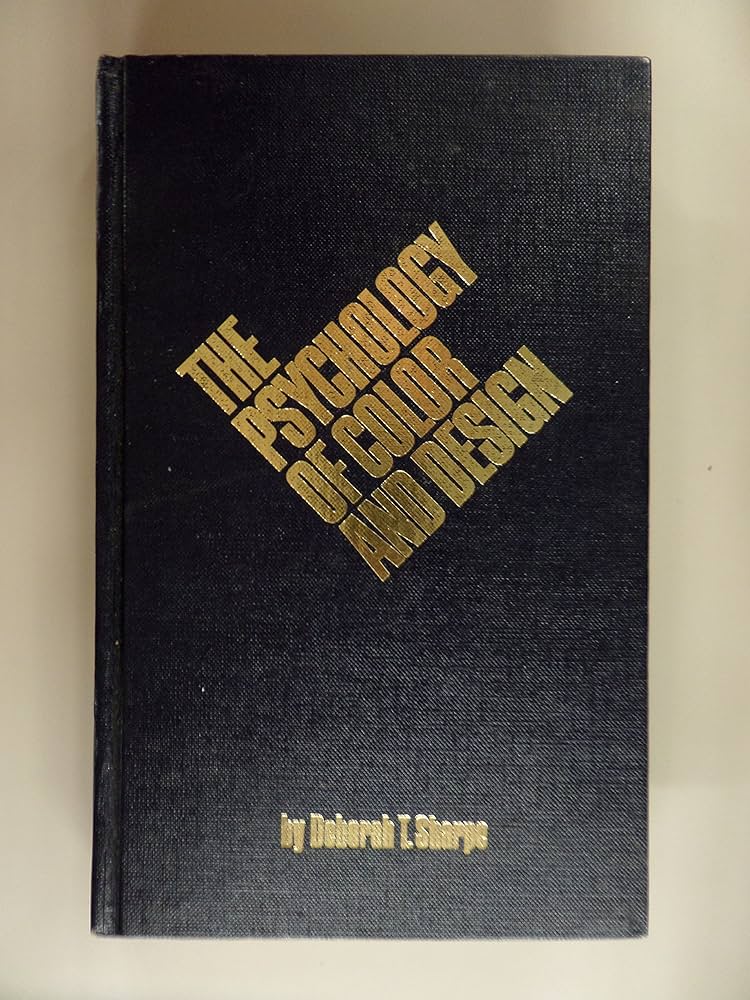How to Master Time Management Techniques
To master time management techniques, prioritize tasks and eliminate distractions. Use tools like calendars and to-do lists to stay organized.
Effective time management is crucial for personal and professional success. It helps improve productivity, reduce stress, and achieve goals efficiently. Begin by identifying the most important tasks and tackling them first. Break down larger projects into smaller, manageable steps. Utilize tools such as calendars, planners, and to-do lists to keep track of deadlines and appointments.
Setting specific time blocks for each activity can also help maintain focus. Regularly review and adjust your schedule to stay flexible and responsive to changes. By implementing these strategies, you can take control of your time and enhance your overall performance.

Credit: www.simplilearn.com
Importance Of Time Management
Managing time well is crucial for success in every area of life. It helps you achieve your goals and reduces stress. Knowing how to manage your time can improve your productivity. It also gives you more free time for personal activities.
Benefits Of Effective Time Management
Effective time management offers numerous benefits:
- Increased Productivity: You get more done in less time.
- Less Stress: Planning ahead reduces anxiety.
- Better Work-Life Balance: You have time for work and leisure.
- Improved Focus: You concentrate better on tasks.
- Enhanced Efficiency: You use resources wisely.
Consequences Of Poor Time Management
Poor time management can lead to serious problems:
- Missed Deadlines: You fail to complete tasks on time.
- Increased Stress: Last-minute rush causes anxiety.
- Reduced Productivity: You waste time on unimportant tasks.
- Poor Work Quality: Haste results in errors and low-quality work.
- Damaged Reputation: Inconsistent performance affects your credibility.
Understanding the importance of time management helps you avoid these pitfalls. It ensures you make the most of your time each day.
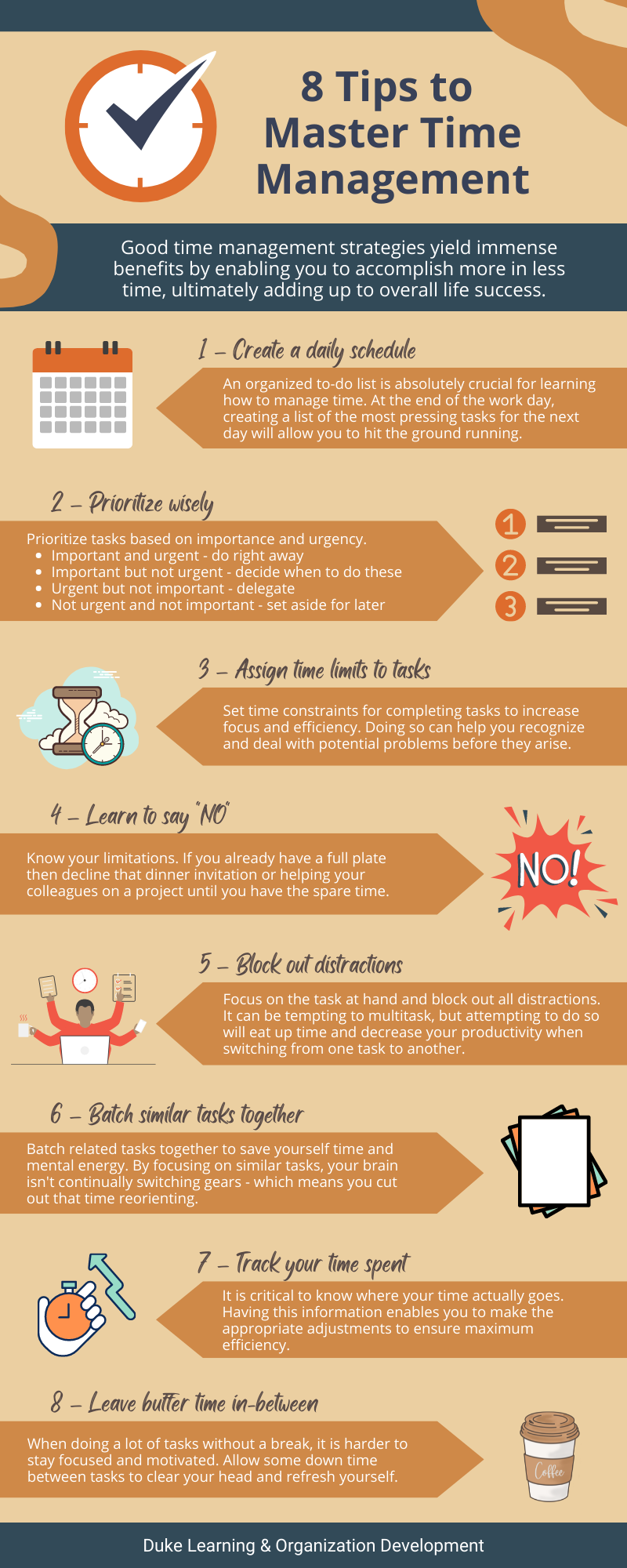
Credit: sites.duke.edu
Setting Clear Goals
Setting clear goals is essential for effective time management. Clear goals give you a direction. They help you focus on what’s important. Without clear goals, you may waste time on unimportant tasks. Let’s explore how to set clear goals.
Smart Goals
SMART goals are specific, measurable, achievable, relevant, and time-bound. They help you create clear and actionable plans. Here’s how to set SMART goals:
- Specific: Define the goal clearly.
- Measurable: Ensure you can track progress.
- Achievable: Set realistic goals.
- Relevant: Align goals with your priorities.
- Time-bound: Set a deadline.
Long-term Vs Short-term Goals
Goals can be long-term or short-term. Understanding the difference is crucial for effective planning.
| Goal Type | Description | Example |
|---|---|---|
| Long-term Goals | Goals set for the future, usually a year or more. | Become a project manager in 5 years. |
| Short-term Goals | Goals set for a shorter period, like a few weeks or months. | Complete a course in 2 months. |
Both types of goals are important. Long-term goals give you a vision. Short-term goals keep you on track.
Prioritizing Tasks
Mastering time management starts with prioritizing tasks. By focusing on what matters most, you can increase productivity and reduce stress. Here are two effective methods to help you prioritize tasks effectively.
Eisenhower Matrix
The Eisenhower Matrix helps you decide on and prioritize tasks by urgency and importance. This matrix divides tasks into four categories:
| Urgent | Not Urgent | |
|---|---|---|
| Important | Do First | Schedule |
| Not Important | Delegate | Eliminate |
- Do First: Tasks that are urgent and important.
- Schedule: Tasks that are important but not urgent.
- Delegate: Tasks that are urgent but not important.
- Eliminate: Tasks that are neither urgent nor important.
Abc Method
The ABC Method is a simple technique to prioritize tasks based on their importance:
- A: Tasks that are very important and must be done today.
- B: Tasks that are important but can wait until tomorrow.
- C: Tasks that are less important and can be done anytime.
By using the ABC Method, you can focus on the most important tasks first and avoid wasting time on less critical activities.
Planning Your Day
Effective time management starts with planning your day. It helps you stay organized, reduce stress, and increase productivity. By having a clear plan, you can achieve your goals more efficiently.
Daily Schedules
Creating a daily schedule is essential. It provides a roadmap for your day. List all tasks you need to complete. This helps you prioritize and stay focused.
- Make a list of tasks
- Assign time slots for each task
- Include breaks to avoid burnout
A good schedule balances work and rest. It ensures you stay productive without feeling overwhelmed.
Time Blocking
Time blocking is a powerful technique. It involves dividing your day into blocks of time. Each block is dedicated to a specific task or activity.
| Time | Task |
|---|---|
| 8:00 AM – 9:00 AM | Exercise |
| 9:00 AM – 11:00 AM | Work on Project A |
| 11:00 AM – 12:00 PM | Emails and Communication |
| 12:00 PM – 1:00 PM | Lunch Break |
| 1:00 PM – 3:00 PM | Work on Project B |
| 3:00 PM – 4:00 PM | Meetings |
| 4:00 PM – 5:00 PM | Wrap Up and Plan Next Day |
Using time blocks helps maintain focus. It reduces distractions and increases efficiency. Each task gets the attention it deserves.
Combining daily schedules and time blocking can transform your productivity. Start planning your day today for better time management.
Avoiding Procrastination
Procrastination is a common challenge that hinders effective time management. It causes delays and stress. To master time management, learn how to avoid procrastination. This section explores common causes and effective strategies.
Common Causes
Understanding why we procrastinate is the first step to overcoming it. Here are some common causes:
- Fear of Failure: Worrying about not doing well can make you delay tasks.
- Lack of Motivation: When tasks seem boring, you may not feel like starting.
- Perfectionism: Wanting everything to be perfect can slow you down.
- Poor Time Management: Not planning well can lead to procrastination.
Effective Strategies
To beat procrastination, try these effective strategies:
- Set Clear Goals: Break tasks into smaller, manageable parts.
- Use a Timer: Work for short, focused periods using a timer.
- Create a Schedule: Plan your day and stick to it.
- Eliminate Distractions: Find a quiet place and turn off notifications.
- Reward Yourself: Give yourself a treat after completing tasks.
With these strategies, you can avoid procrastination and manage your time better.
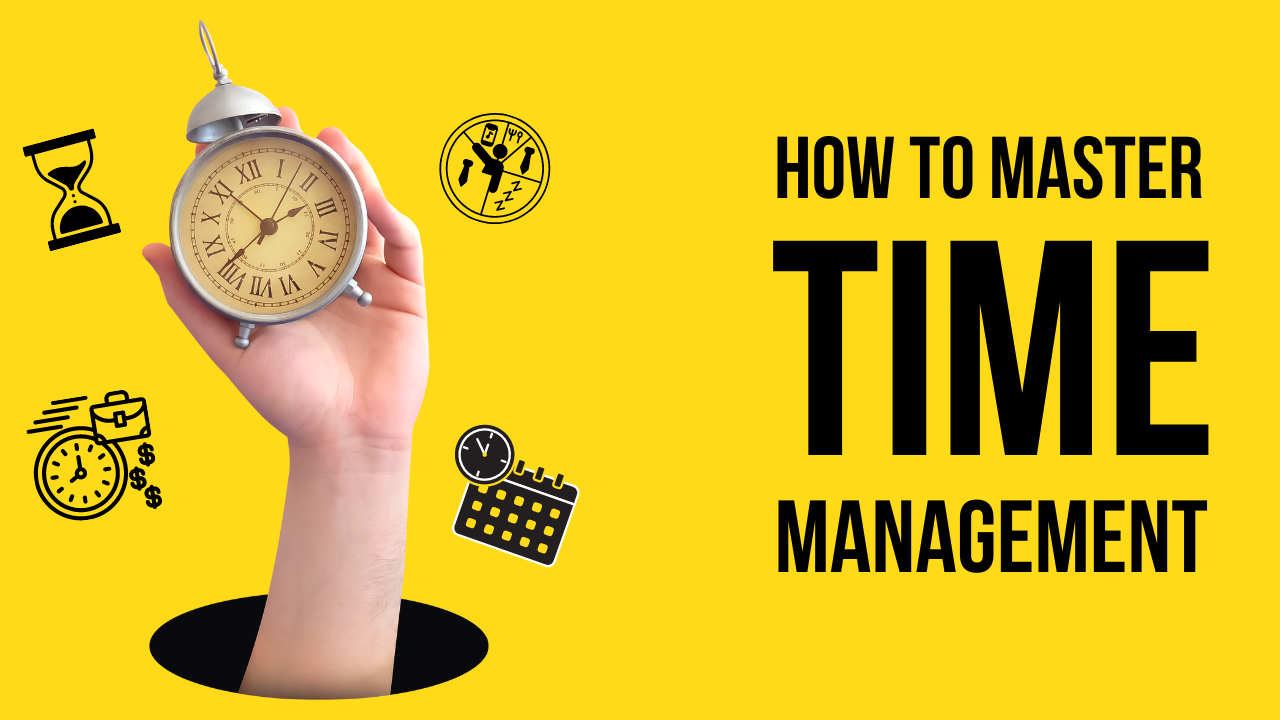
Credit: www.linkedin.com
Utilizing Technology
Utilizing technology can revolutionize your time management skills. Modern tools can help you stay organized and efficient. Here, we explore how to master time management by leveraging technology.
Productivity Apps
Productivity apps can significantly enhance your efficiency. These apps offer a range of features to keep you focused.
- Todoist: Create to-do lists and set priorities.
- Evernote: Store notes, ideas, and reminders in one place.
- Trello: Manage projects with boards and cards.
These apps allow you to break tasks into smaller steps. This makes them easier to manage. You can also set deadlines and reminders. This ensures you stay on track.
Digital Calendars
Digital calendars help you plan your day efficiently. They make scheduling easy and organized.
| Feature | Benefit |
|---|---|
| Google Calendar | Syncs with your email and other tools. |
| Outlook Calendar | Integrates with Microsoft Office apps. |
| Apple Calendar | Works seamlessly across Apple devices. |
These calendars help you visualize your schedule. You can set reminders for important tasks. Share your calendar with colleagues to coordinate better.
Using these tools wisely can transform your productivity. Start integrating them into your daily routine for better time management.
Balancing Work And Life
Balancing work and life is crucial for overall well-being. It helps you stay productive and happy. Mastering time management techniques can make this balance easier.
Setting Boundaries
Setting boundaries is key to managing your time effectively. Clearly define your work hours. Stick to them as much as possible. This helps you separate work time from personal time.
Communicate your boundaries to colleagues and family. Let them know your work hours. This ensures fewer interruptions during work. Use tools like calendars to mark your availability.
Learn to say no to extra tasks. Overcommitting can lead to burnout. Prioritize your tasks and focus on what’s important.
Ensuring Downtime
Ensuring downtime is essential for recharging your energy. Plan regular breaks during your workday. Short breaks can boost productivity and creativity.
Schedule time for hobbies and relaxation. Engage in activities that you enjoy. This helps reduce stress and improves mental health.
Consider using a time-blocking method. Allocate specific times for work and personal activities. This makes sure you have time for both.
Keep weekends and evenings free from work. Spend quality time with family and friends. This strengthens relationships and provides emotional support.
Continuous Improvement
Mastering time management requires consistent effort and dedication. Continuous improvement is key to refining your techniques and staying on track. This involves regularly assessing your methods and making necessary adjustments to ensure peak efficiency.
Regular Reviews
Set aside time each week to review your time management. Identify what worked well and what didn’t. A weekly review can help you spot patterns and areas for improvement.
- Ask yourself: Did I meet my goals?
- Identify any distractions or time-wasters.
- Make a note of successful strategies.
Use a table to track your progress:
| Week | Goals Met | Distractions | Successful Strategies |
|---|---|---|---|
| 1 | Yes | Social Media | Time Blocking |
| 2 | No | Emails | Prioritizing Tasks |
Adapting Techniques
Not every technique will work for everyone. Be ready to adapt your methods. Try different time management techniques to find what suits you best.
- Experiment with Pomodoro Technique.
- Use Time Blocking to organize your day.
- Implement the Eisenhower Matrix to prioritize tasks.
Track your productivity with each method. If one doesn’t work, switch to another. Adaptability is crucial for continuous improvement.
Conclusion
Mastering time management techniques can transform your productivity. Apply these strategies consistently for lasting results. Improve your daily routine and achieve your goals. Remember, practice makes perfect. Stay committed to refining your skills. By doing so, you’ll navigate tasks more efficiently.
Your efforts will pay off in both personal and professional aspects.

